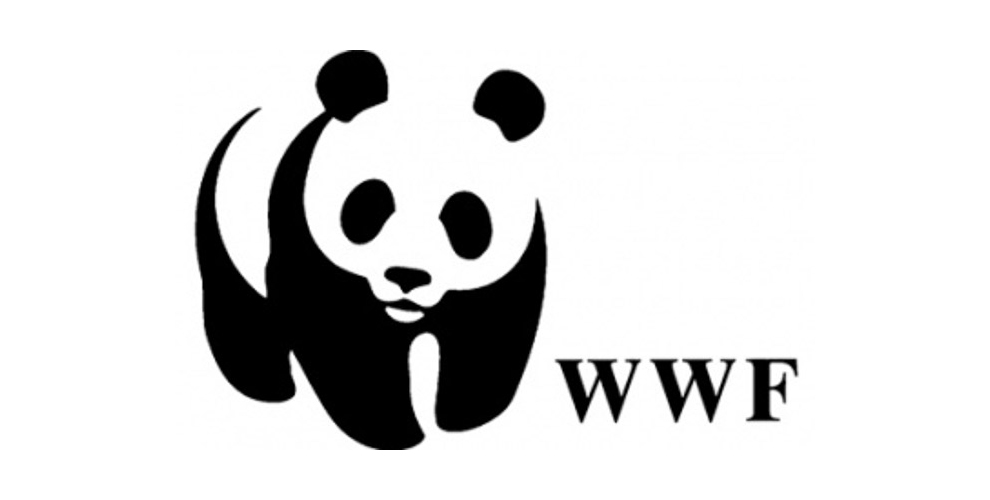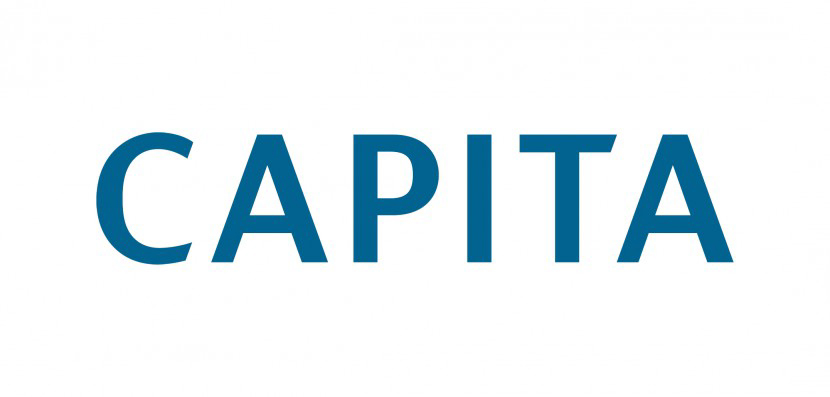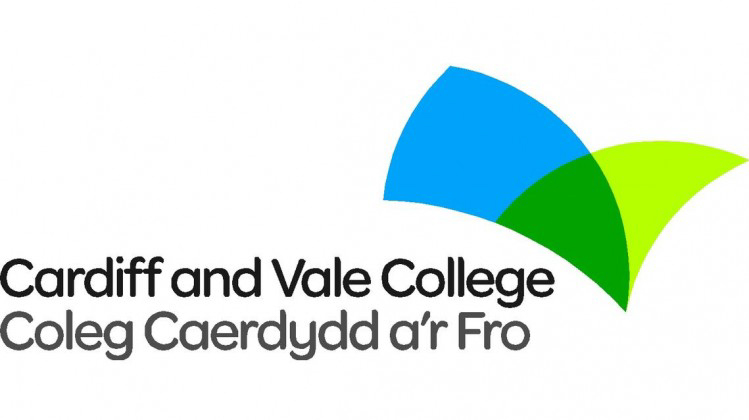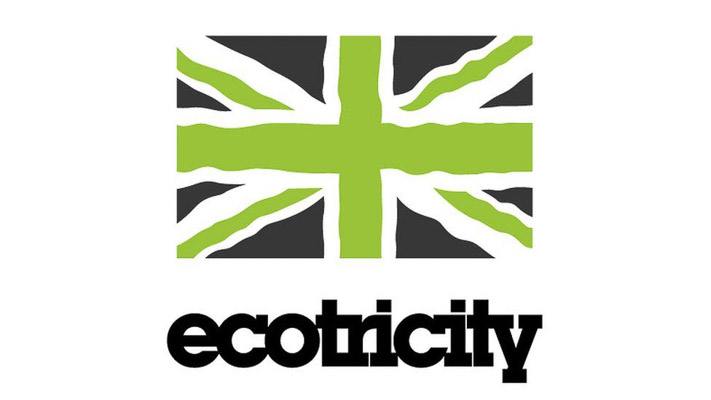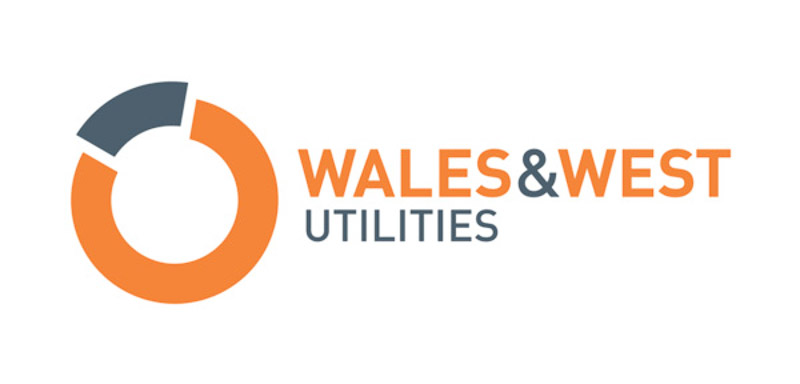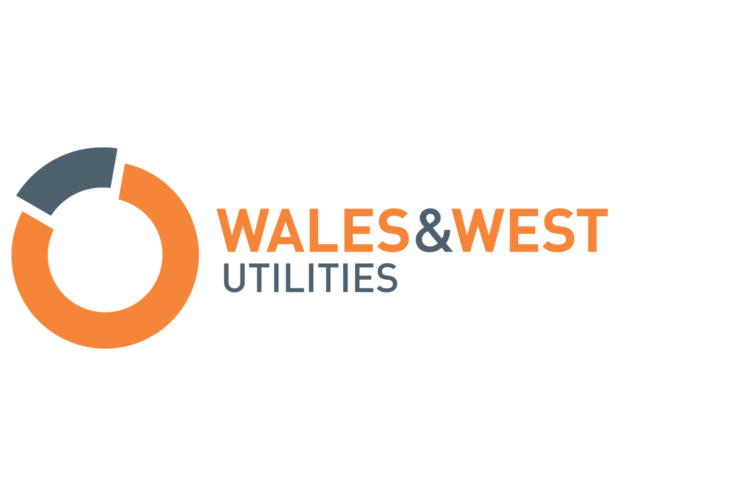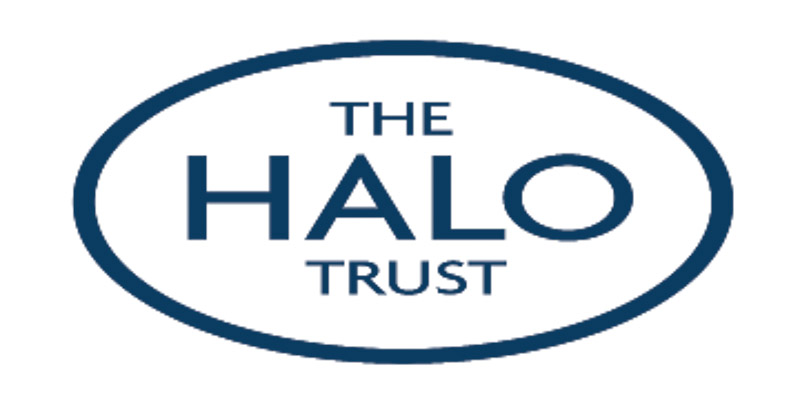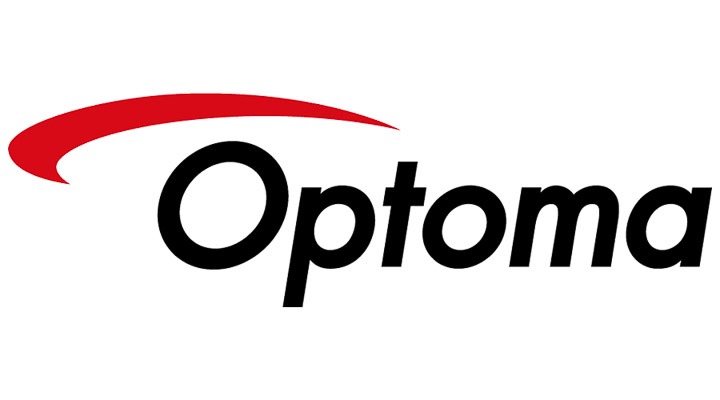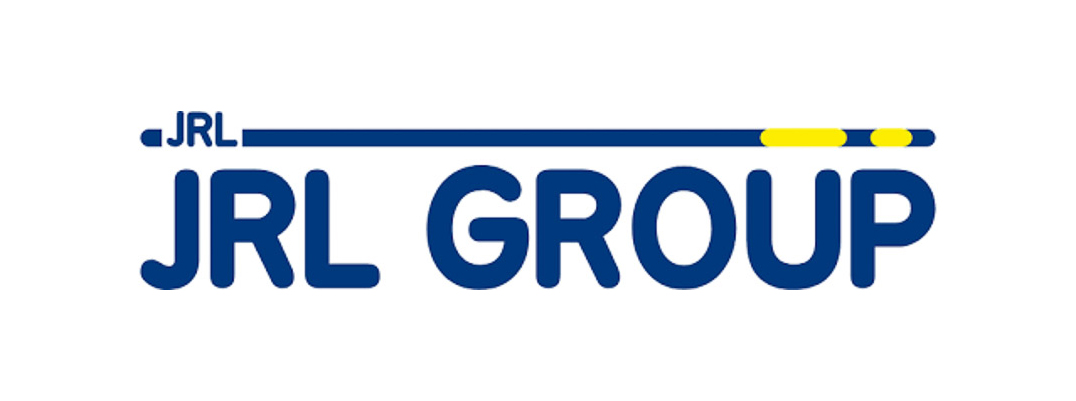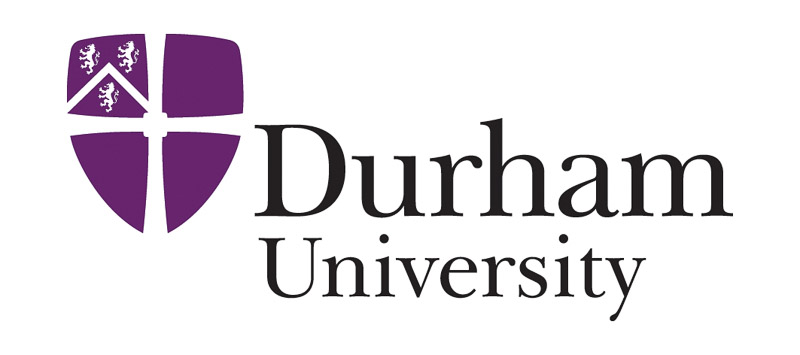On the Edge of Extinction
Act Sustainably are delighted to announce their support for the Sumatran Orangutan Society (SOS), whose mission is to protect orangutans, their forests, and their future.
SOS work closely with partners and forest-edge communities in Sumatra to ensure that orangutans have a safe future in the wild. The projects they work on range from rewilding degraded areas of land to supporting communities in developing sustainable livelihood models, and they’re proud to collaborate so closely with the people who live and work alongside orangutans every day.

One of the major threats facing orangutans on Sumatra is the loss of their forest home. As in most places across the globe, land in Sumatra is a valuable commodity, so forest is cleared to make way for agriculture, roads, and other infrastructure. Internationally, people tend to focus their attention on forest clearance for oil palms. Oil palms are fast-growing trees which currently produce 36% of the world’s vegetable oil. This oil, palm oil, is therefore found in a whole host of products, from shampoo and toothpaste to biscuits and bread. The effects of unsustainable palm oil production on species like orangutans lead some people to call for a boycott of palm oil and a switch to alternative vegetable oils.
SOS believe that rather than a boycott, producing palm oil sustainably is the way forward to ensure the best outcome for wildlife and people. Sustainable palm oil is produced without destroying forests, without damaging peatlands and with robust protection for human rights. One condition that a plantation must meet to be certified as sustainable is that any high conservation value forests within its area of operations must be protected. This means that forest patches and corridors, which provide habitat for wildlife and enable animals like orangutans to move through the landscape, are left standing rather than being bulldozed.
This mirrors the approach pioneered by Daniel Katz and the Rainforest Alliance, when they chose to replace boycotts with buycotts – launching positive campaigns to promote purchases of sustainable products. This approach led to major players such as Kraft Foods, Chiquita, Unilever and Mars, Inc committing to use more sustainable raw materials.
Although boycotts of palm oil are well-intentioned, they have unintended consequences which could be very damaging. A boycott could lead to palm oil prices being driven down, which in turn could increase demand from the less obvious parts of the palm oil market – biofuels and livestock feeds, for example. A fall in price would also make it less appealing for palm oil producers to grow their crop in an environmentally sustainable way.

If the global demand for palm oil shrinks due to a boycott, producers could also decide to switch to growing an alternative crop. Oil palms are the most productive oil crop in the world – that 36% figure mentioned above comes from 9% of the total land devoted to oil crops – and switching to another type of oil such as soybean oil would result in the use of up to nine times as much land to produce the same yield. This would mean more forest would be cleared to make space for oil production, increasing the threat to wildlife.
It’s also important to consider the human angle when looking at ethical consumption. Over 4.5 million people in Indonesia alone rely on the palm oil industry as their primary source of income, and 40% of Indonesia’s palm oil is produced by smallholder farmers (not big companies). What happens to them if the industry disappears?

When oil palms are grown on land which has already been degraded, such as disused farmlands, carbon emissions can be reduced by over 99% compared with clearing rainforests to make way for plantations. If there is more demand for sustainable palm oil, farmers will have greater incentives to use more environmentally friendly methods, and we can drive the whole industry in the right direction. There is a huge difference between conventional palm oil and sustainable palm oil, and there are many resources (including apps like Impact Score and the sustainable palm oil shopping list from Chester Zoo) which can help consumers find sustainable products to buy.
Sustainability issues such as the United Nations Sustainable Development Goals, Deforestation, Habitat Conservation, Loss of Biodiversity and the need to consider the needs of local people in conservation projects are discussed in the IEMA Foundation Certificate in Environmental Management and IEMA Sustainable Procurement courses.
You can book here, onto the next Sustainable Procurement course, which will commence on 4th May 2022.
You can book here, onto the next IEMA Foundation Certificate in Environmental Management course, which will commence on 3rd May 2022.
AUTHORS BRIEF BIO

Lucy Radford
Lucy is the Engagement Manager for SOS having joined in 2018. She has a Masters in Primate Conservation and has previously worked in conservation research, funding and communications for charities in Morocco and the UK. Lucy leads on SOS’s communications and is also responsible for several aspects of fundraising. Lucy is a member of the IUCN Primate Specialist Group’s Section for Human-Primate Interactions.

Dave Evans
Dave Evans is a Chartered Environmentalist, and the Founder and CEO of Act Sustainably, dedicated to “Creating Positive Environmental and Social Outcomes by helping clients to ACT Sustainably”.
He has a BSc(hons) in Zoology, an MSc in Environmental Protection and an MBA from Warwick Business School.
He’ll often be found immersed in nature, wild swimming, trail running and paddle boarding at his basecamp in the Pembrokeshire Coast National Park.
If you would like to discuss any Act Sustainably service, you can grab some time for a chat here
or email dave.evans@actsustainably.com.

